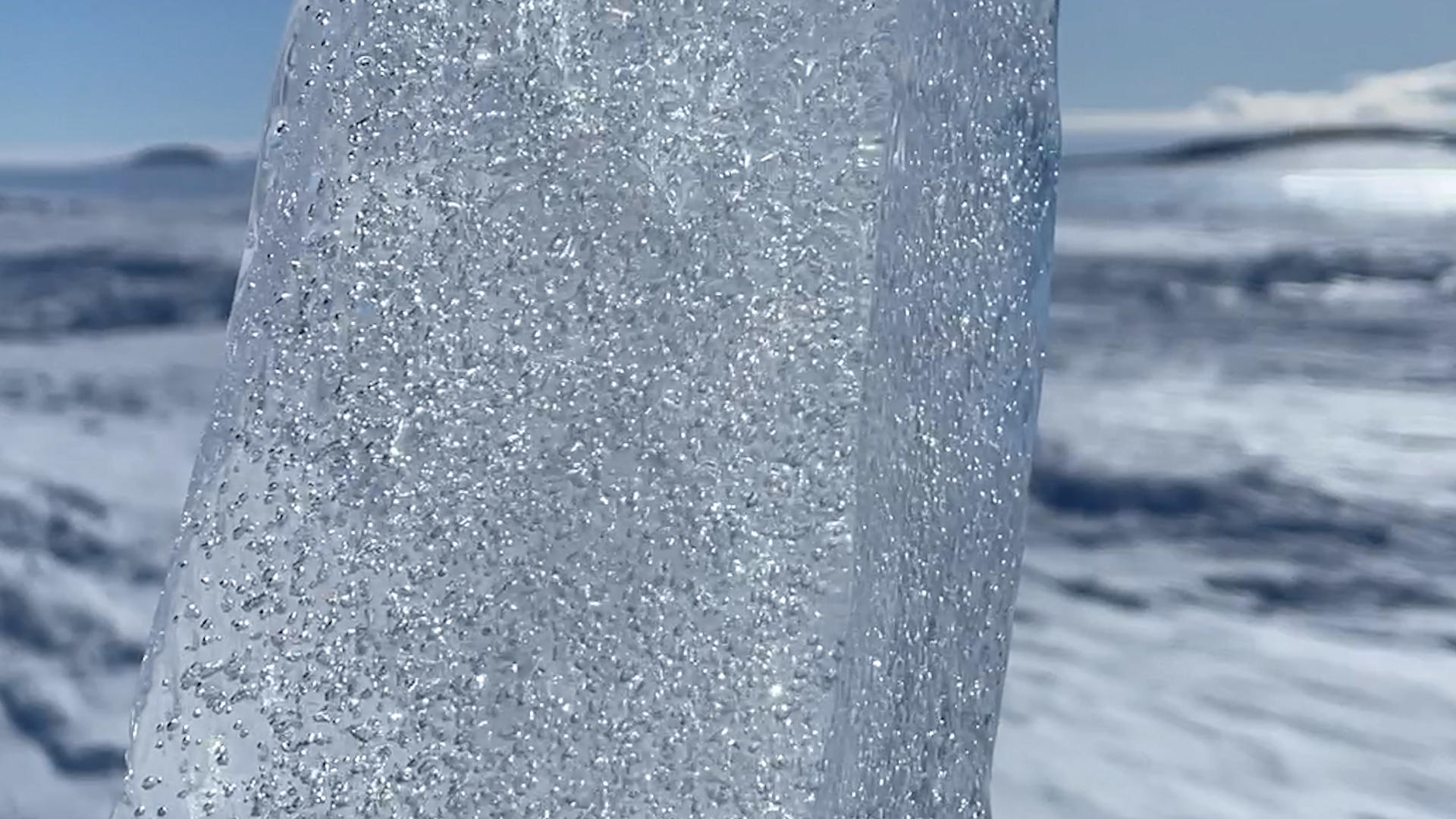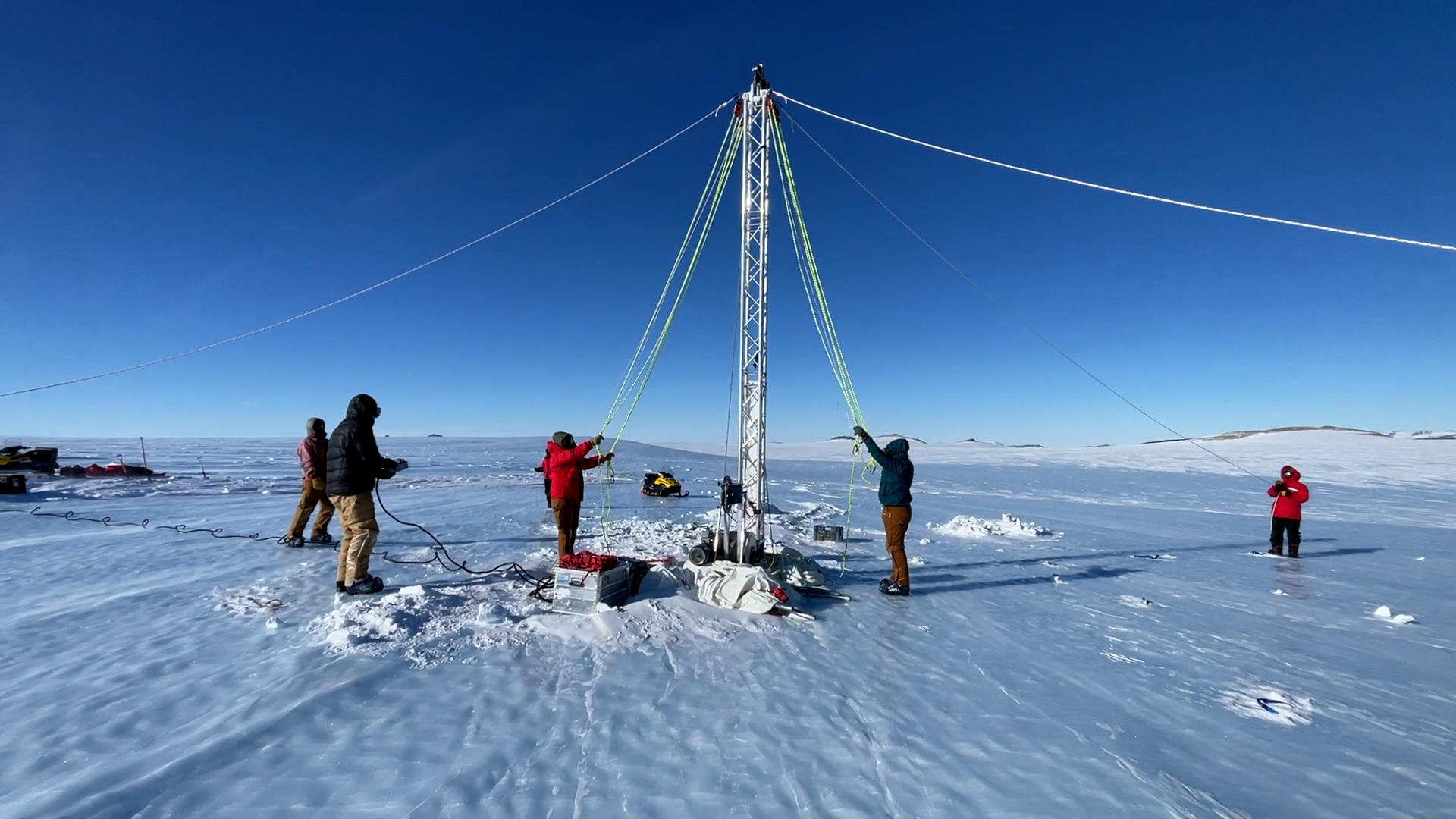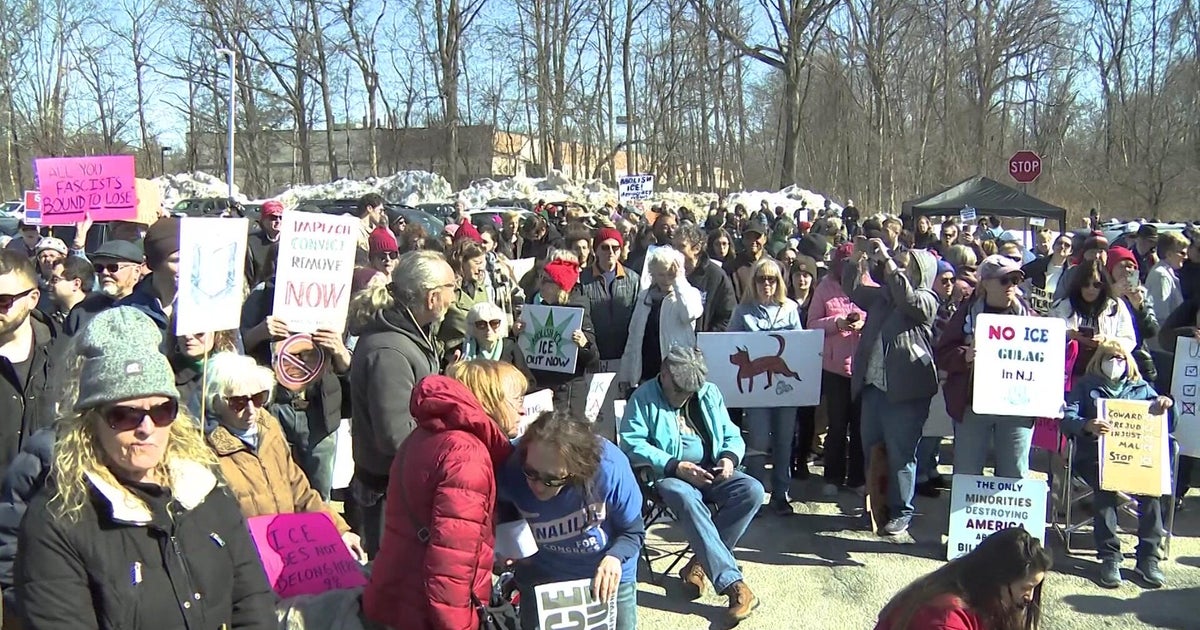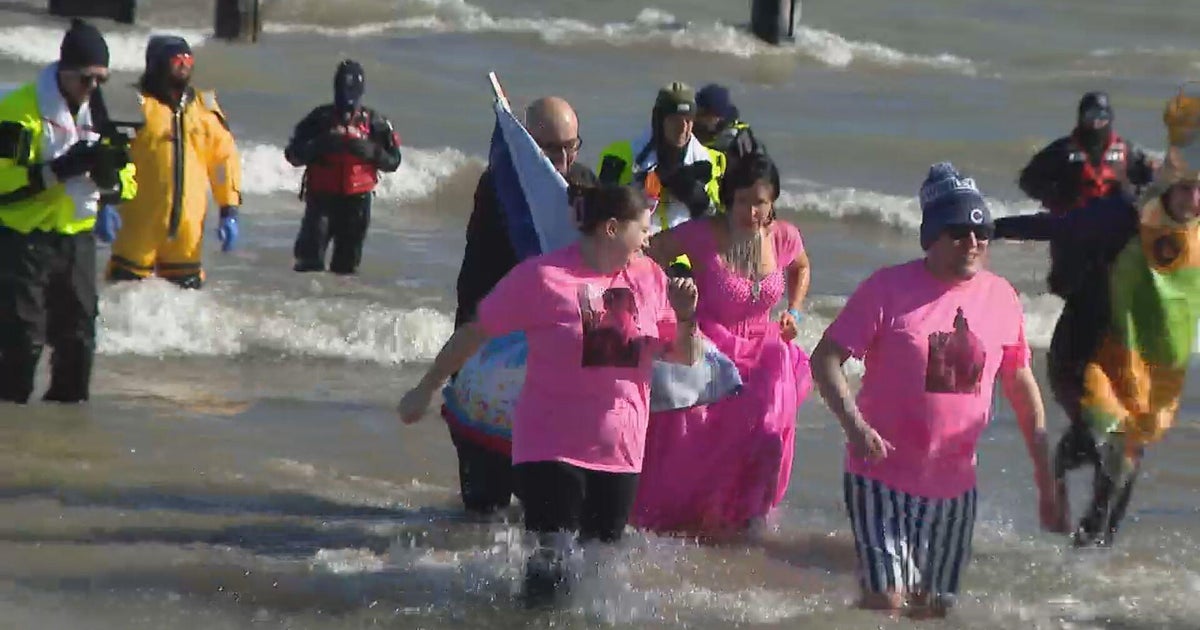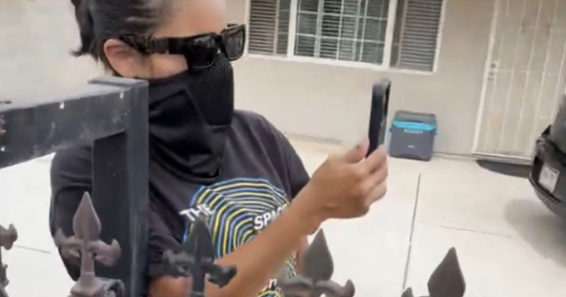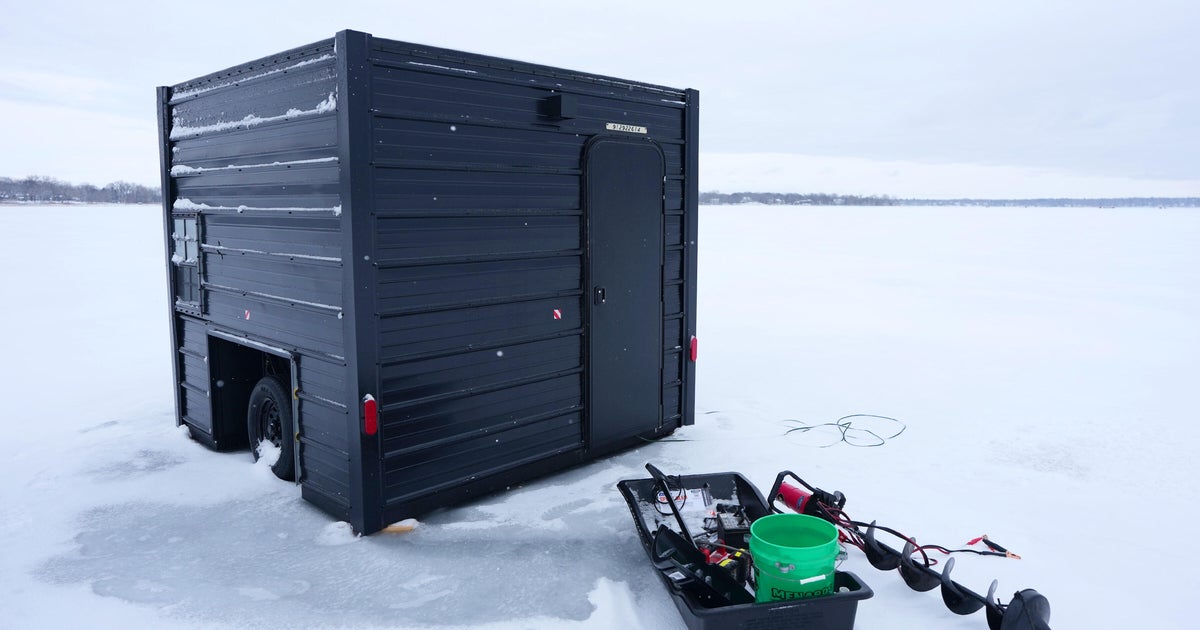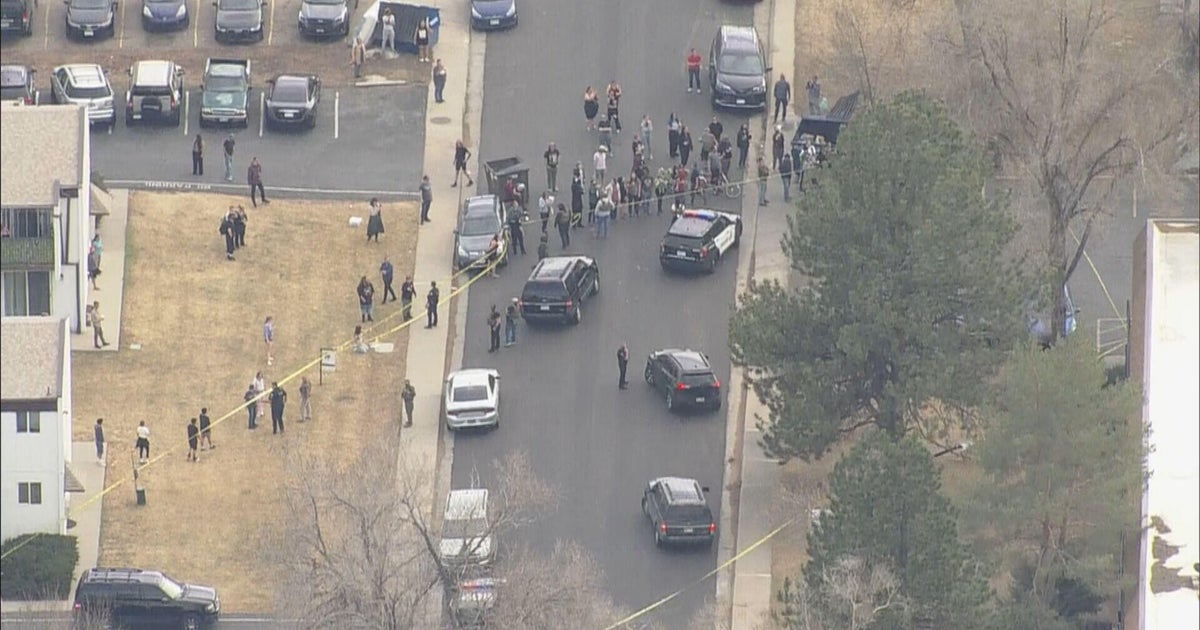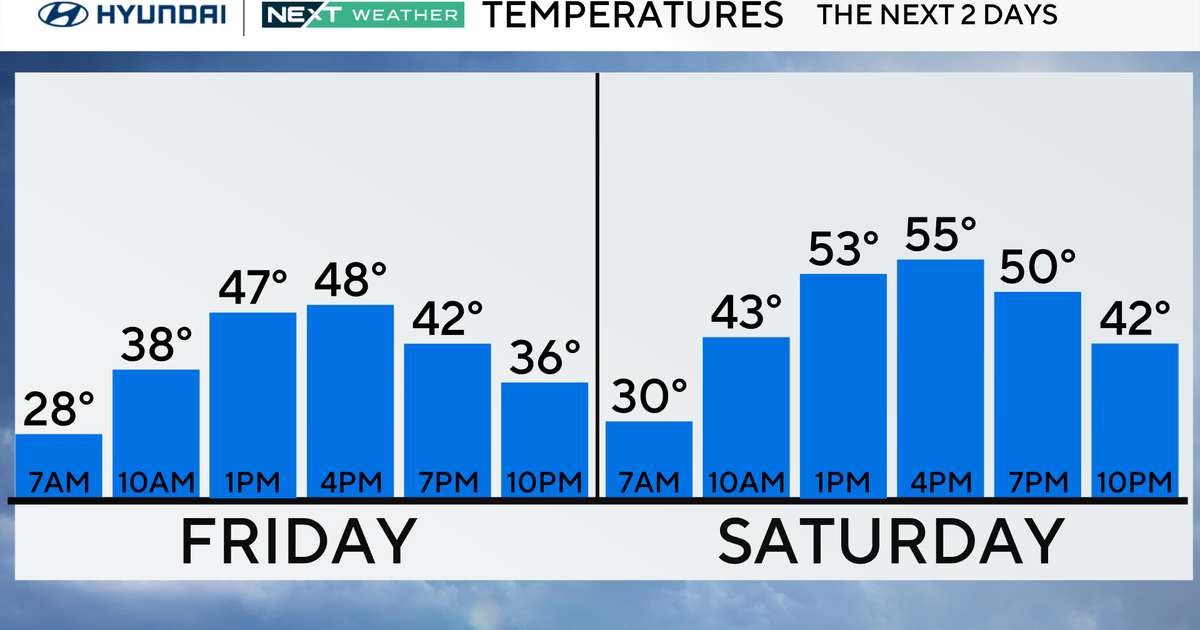American scientists explore Antarctica for oldest-ever ice to help understand climate change
They're braving some of the highest, driest, coldest and windiest conditions on the planet, but American scientists in Antarctica believe the effort is worth it. They're searching for a sample of the oldest ice ever found, which could help us better understand climate change.
The expedition to Antarctica is part of COLDEX, a federally funded collaboration of American universities and science organizations. For the team carrying out this work near the South Pole, it means camping on the ice without showers or flushing toilets for seven weeks.
Once researchers collect ice samples, scientists back in the U.S. will examine them for information about what the climate was like hundreds of thousands of years ago.
"The study of ice has shown us with extreme clarity what humans are doing to the Earth," Ed Brook, the director of COLDEX, said.
Air bubbles in ice trap greenhouse gasses
As snow falls it traps in tiny air bubbles from the day it fell. The snow in Antarctica never melts because it's so cold. Ice builds up, layer upon layer, with all those air bubbles inside. Scientists then measure the levels of greenhouse gasses trapped inside those bubbles. That allows them to reconstruct how the climate changed in the distant past.
"The information that we get, particularly from ice cores, is just so critical to our bedrock understanding of how Earth's climate works," Peter Neff, field research director for COLDEX, said.
The oldest existing ice core goes back 800,000 years. Scientists analyzed the ice cores over time, and they show that the amount of carbon dioxide, which is the big driver of climate change, goes up and down.
The level skyrocketed after the Industrial Revolution, then continued to get higher every year, which further warms our planet.
The goal of COLDEX
COLDEX is funded by the National Science Foundation, which is the primary source of scientific research grants in the United States. The goal is to extend the continuous ice core record beyond 800,000 years ago to 1.5 million years ago, or even further, when the Earth was even warmer than it is now due to higher levels of greenhouse gasses in the atmosphere.
"We don't claim that by going back in time we're necessarily going to see something exactly like what we're seeing now," Brook said. "What we're looking for are all the different ways the system can behave when it's warmer."
Identifying one spot on a massive continent that's likely to have 1.5 million years of perfectly preserved ice layers will take the COLDEX team several years.
Research in U.S. labs
After the ice is identified, researchers will drill down from the surface to remove the cores. Transport requires climate-controlled packaging to make sure the ice doesn't melt in transit. The canisters first land in the U.S. in Colorado at the National Science Foundation Ice Core Facility.
If the mission is successful, that ice will make it back to university labs, including Princeton University, where COLDEX field researcher Sarah Shackleton works.
"I still get like very trapped up in the idea of, like, this little bubble used to be part of the atmosphere 4 million years ago, and then it like kind of got trapped up in the ice sheet, and now it's in New Jersey and we're measuring it," she said.
A global effort
American scientists aren't the only ones searching for the oldest ice. Teams from several other countries are also in Antarctica on their own missions with the same goal. European and Australian teams are drilling in different areas of the continent.
The team that discovers the ice first is likely to garner international attention for its work.

